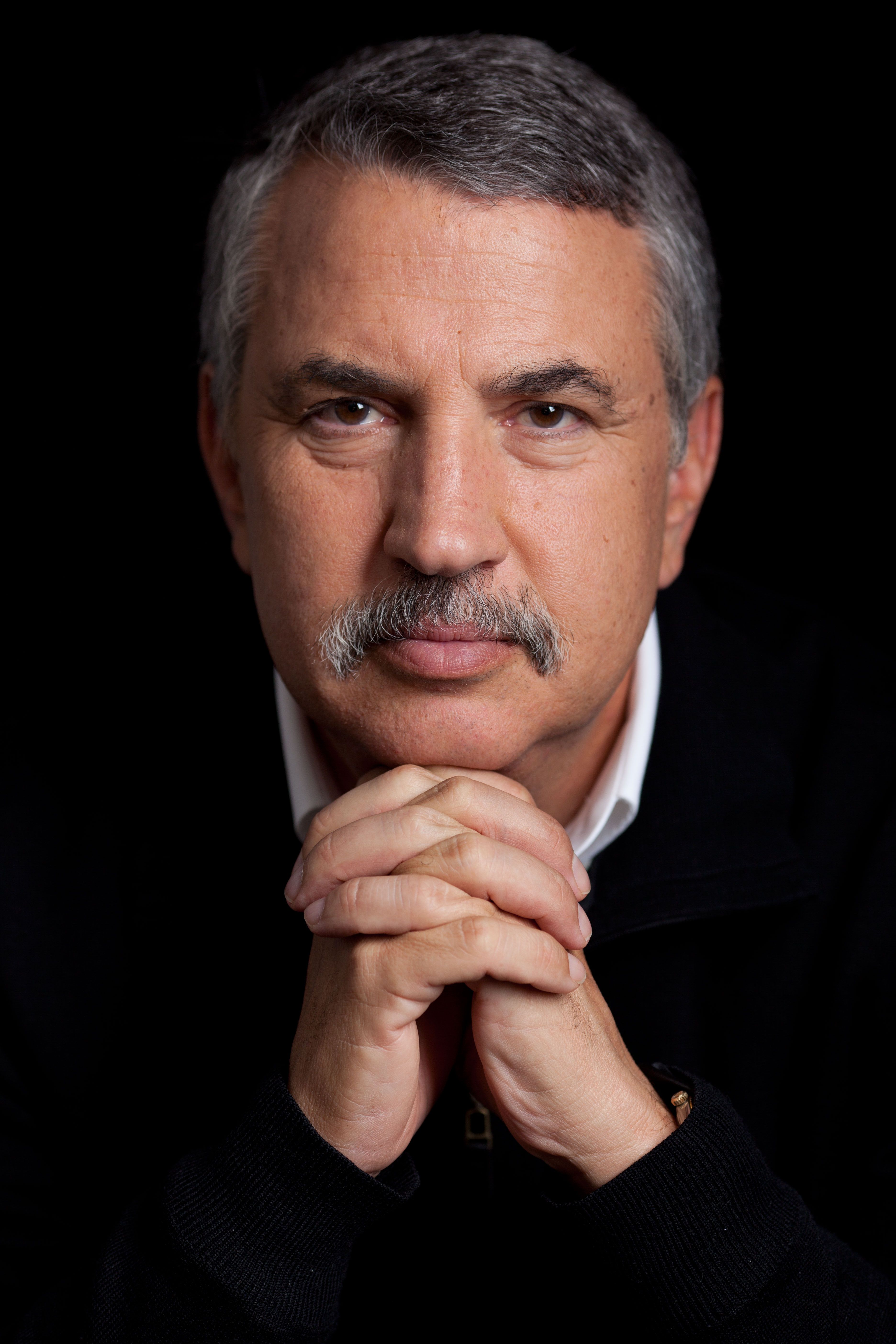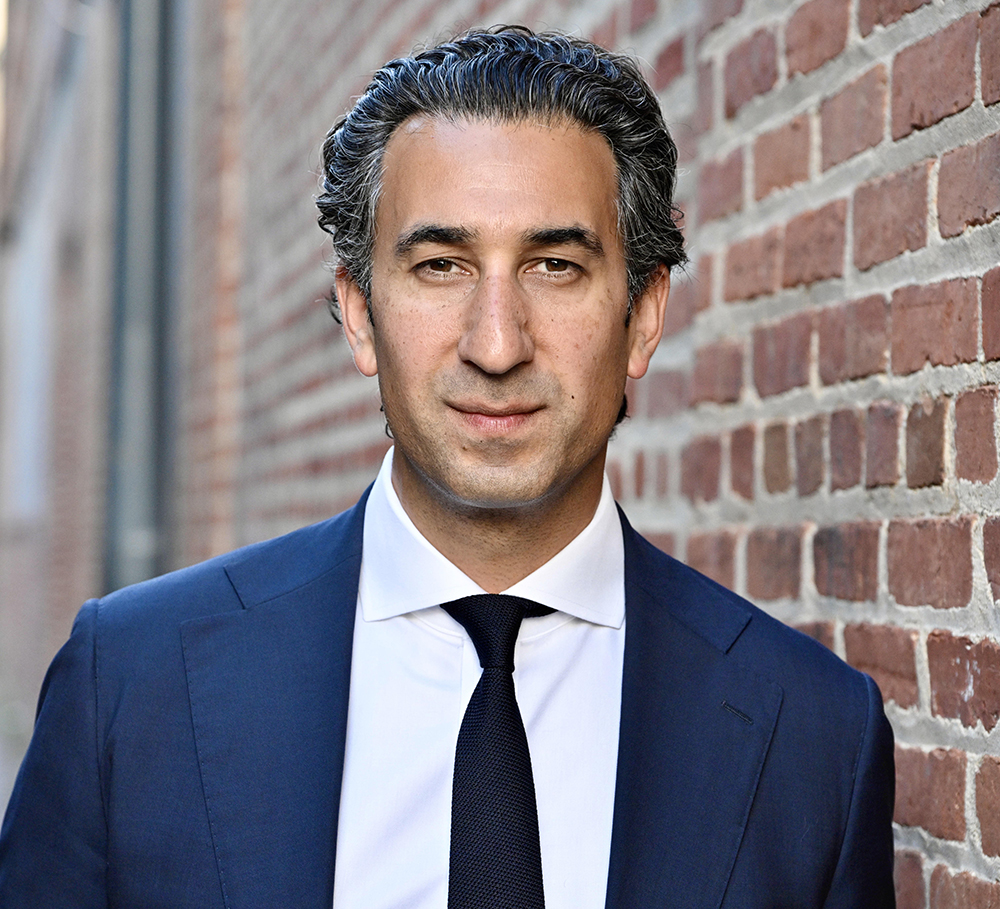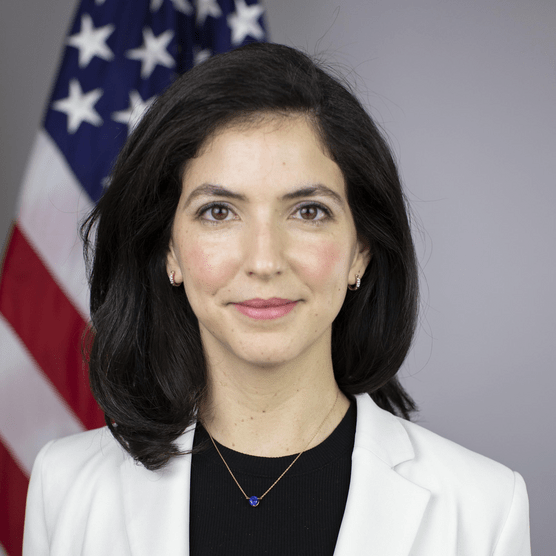Aaron David Miller engages Eric Ciaramella, Andriy Zagorodnyuk, and Alexandra Prokopenko in a wide-ranging discussion of Russia’s war against Ukraine four years on.
- +1
Aaron David Miller, Eric Ciaramella, Andriy Zagorodnyuk, …
Join Aaron David Miller as he engages Michael Ratney, former U.S. ambassador to Saudi Arabia, and Bernard Haykel, a professor of Near Eastern Studies at Princeton University, on the MBS visit to Washington and the road ahead for U.S.-Saudi relations on this episode of Carnegie Connects.
Perhaps no country in the Middle East has attracted more interest of the Trump administration than Saudi Arabia. President Trump took his first foreign trip there during his first term and he remains focused on the possibility of Israeli-Saudi normalization as part of a regional peace agreement in pursuit of a Nobel Peace prize. The visit of Crown Prince Muhammed bin Salman (MBS) to the White House on November 18 has focused even more attention on the U.S.-Saudi relationship.
What are realistic expectations for the visit? What are the upsides, and down, of a reportedly discussed U.S.-Saudi defense pact? And what is Saudi Arabia prepared to do to facilitate the president’s plan for Gaza and to tackle the broader challenge of regional peace? Join Aaron David Miller as he engages Michael Ratney, former U.S. ambassador to Saudi Arabia, and Bernard Haykel, a professor of Near Eastern Studies at Princeton University, on the MBS visit to Washington and the road ahead for U.S.-Saudi relations on the next Carnegie Connects.
Carnegie does not take institutional positions on public policy issues; the views represented herein are those of the author(s) and do not necessarily reflect the views of Carnegie, its staff, or its trustees.
Aaron David Miller engages Eric Ciaramella, Andriy Zagorodnyuk, and Alexandra Prokopenko in a wide-ranging discussion of Russia’s war against Ukraine four years on.



Aaron David Miller, Eric Ciaramella, Andriy Zagorodnyuk, …
Join Aaron David Miller as he engages Pulitzer Prize winning author and The New York Times columnist Thomas L. Friedman on what Americans can expect from the next three years of the Trump administration.


Aaron David Miller, Thomas L. Friedman
Join Aaron David Miller as he engages two veteran Iran analysts, the Carnegie Endowment’s Karim Sadjadpour and the New Yorker’s Robin Wright in conversation to discuss the unfolding crisis in Iran and America’s reaction.



Aaron David Miller, Karim Sadjadpour, Robin Wright
Join Aaron David Miller as he engages the Council on Foreign Relations’ Rebecca Lissner and the Stimson Center’s Emma Ashford on the second Trump administration's approach to foreign policy.



Aaron David Miller, Rebecca Lissner, Emma Ashford
Join Aaron David Miller as he engages the International Crisis Group’s Phil Gunson, the Baker Institute’s Francisco Monaldi, and Johns Hopkins SAIS’s Cindy Arnson on the Trump administration's capture of Venezuelan President Nicholás Maduro and its global implications.



Aaron David Miller, Cynthia Arnson, Phil Gunson, …